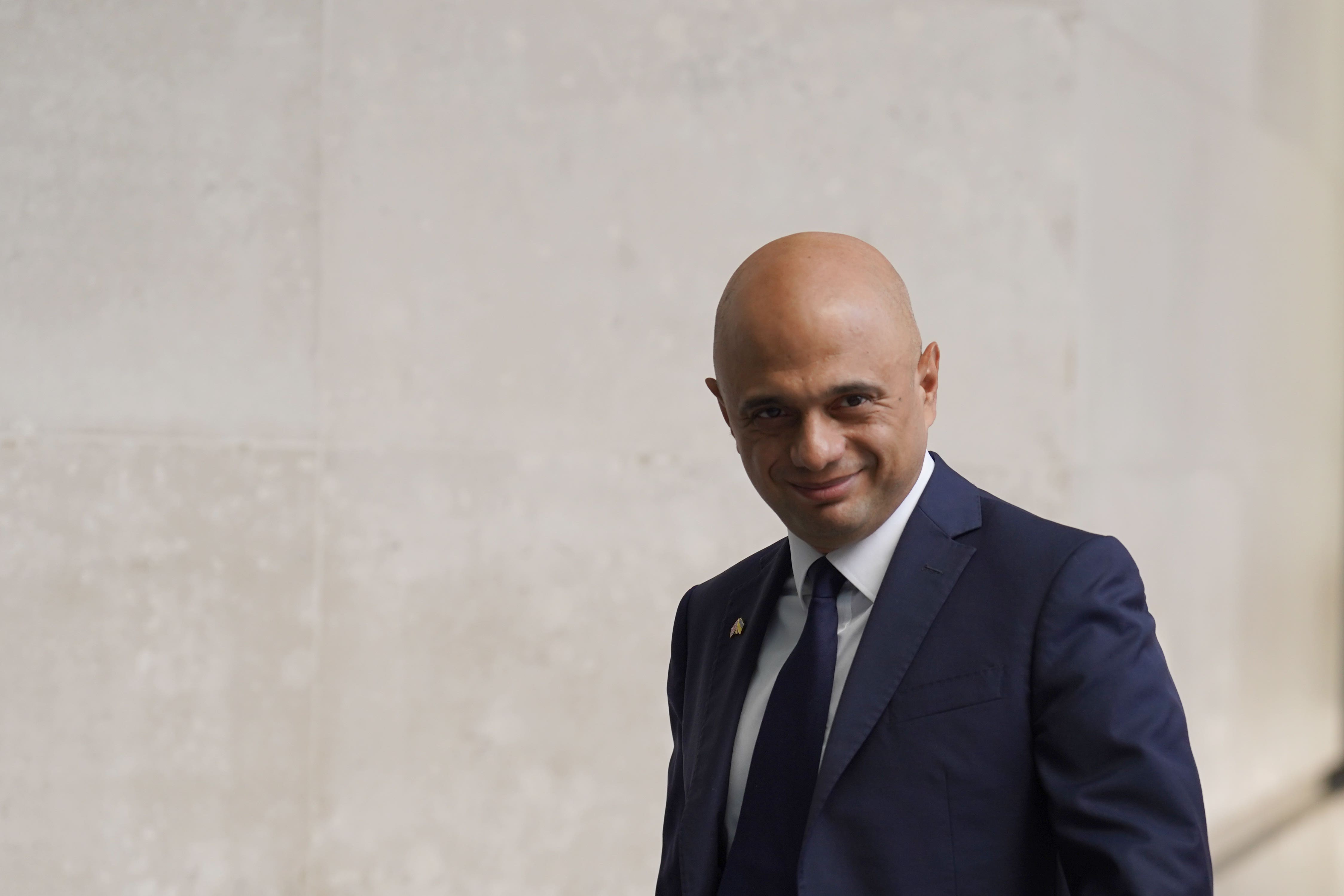The case for fundamental change in the way the National Health Service is run is gaining strength from the current crisis. It is true, as the prime minister argues, that health services in other countries are also going through difficulties because of the backlogs caused by coronavirus.
It is also true, as the leader of the opposition argues, that the NHS was in a good state when the last Labour government left office 13 years ago, suggesting that there is nothing wrong with it that cannot be put right by several years of sustained additional public spending.
But the problems of the NHS are worse than those in comparable countries, whose citizens look on our waiting times for ambulances with sympathy and alarm. And the problem of a taxpayer-funded service that is mostly free at the point of need is that it seems destined to go through cycles of, if not feast and famine, then adequacy and famine.
Resources are likely to be squeezed – even though the NHS was at all times ringfenced and protected from real cuts during the years of Conservative-led government – until the political pressure for substantial increases in spending becomes irresistible.
There are good reasons, therefore, for reform. But there are good and bad reforms, and good and bad ways of arguing for them. Sajid Javid, the Conservative former health secretary, proposes charging for GP appointments. On its own, this is a bad reform, and nothing is to be gained by proposing it.
High demand for GP appointments is not caused by people in work frivolously trying to see a doctor because they want someone to talk to. The pressure in demand for NHS services is mainly from the elderly and those with long-term illnesses, who would be exempt from paying fees in any feasible scheme. The introduction of charges would deter a trivial number of timewasters.
The same objection applied to Rishi Sunak’s idea, proposed during his Conservative leadership campaign against Liz Truss, of fining patients who miss GP appointments. That, too, would only add a layer of bureaucracy and debt-chasing that would succeed mostly in penalising people whose lives are already difficult.
The only way in which charging for GP visits could work would be as part of a wholesale shift to a system of social insurance, such as exists in other European countries. The state would still have to pay for those who could not afford to pay for themselves, but over time such a system would be likely to lock in higher levels of healthcare spending. However, such a dramatic change cannot be a priority at a time when the problems of healthcare in the British system are so pressing.
Mr Sunak and Steve Barclay, the health and social care secretary, are right to focus on the immediate need to discharge more NHS patients to social care so that existing NHS capacity is better used.
While this crisis-management exercise is under way, Wes Streeting, Mr Barclay’s shadow, is right to propose second-order reforms, such as an increase in salaried GPs, and patients being allowed to refer themselves to specialist doctors. Neither of these is a magic solution, and self-referral risks simply moving a bottleneck from GPs to consultants, who are easy to look up on the internet – but these are more worthwhile ideas than introducing charges that will not work.
The debate about the future of the NHS has reached base camp. The first, critical stage is for people to accept that the NHS is not “the envy of the world” – a point Mr Streeting and Sir Keir Starmer have both made recently. What might be harder for them to accept is that it never has been, and that we have a great deal to learn from other countries – the United States always excepted – in making our health service better.




Join our commenting forum
Join thought-provoking conversations, follow other Independent readers and see their replies
Comments